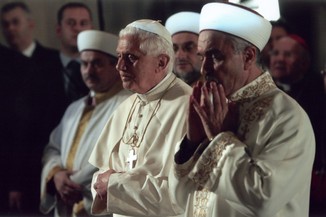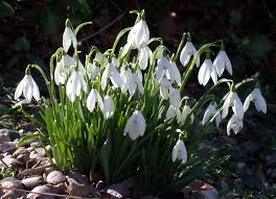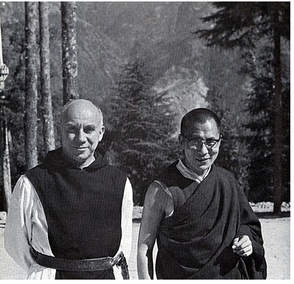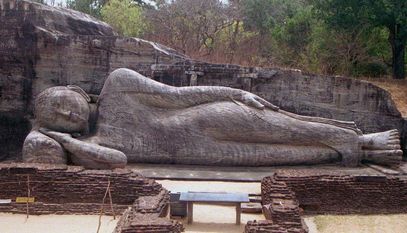
Someone ( I can't remember who though it might be Thomas Merton) has said that when we pray together we are experiencing the same reality but in different ways - in the ways mediated by our religious conditioning. John Hick calls the gods to whom religious believers pray and whom they worship 'cultic gods'. He believes that each religion's god is in fact different and the reality is that we are in fact all praying to different gods. There is some truth in this but surely these so called cultic gods are mediations, reflecions, revelations of the One True God, the Supreme Reality that is beyond human understanding. Surely then to pray to them is to come into contact with that which is beyond them, the Reality to which they point - the God beyond God as Meister Eckhart says. While this is true public services need public expression of our understanding of God and this is perhaps where the difficulty lies. But I wonder if there cannot be a form of prayer which allows us to agree to a form of words that allows us to pray to our 'own' God while realising this is a way of relating to the God beyond God. In workshops I use an exercise which gives people nine prayers and asks them to guess which religion they come from. Invariably they can't do this and participants are always struck by how they could pray all the prayers with integrity.
There is a moment in Morris West’s 'Ambassador' when a Buddhist monk says to the ambassador ‘When we speak we are two, when we are silent we are one’. There's great truth in this. Each month I meditate with an interfaith group and in the silence there is real communion and an energy which we dedicate to world peace. There's a real sense of praying together but as I enter into the silence of my own heart I'm aware of an encounter with the God who is within each of us but also between us. I'm also aware of the presence of all those who have become part of me and as an interfaith practitioner this includes my friends of many faiths and none.
Praying in silence overcomes the difficulties of common prayer. In the silence differences or disagreements about doctrine or understandings of God fall away. Words are of no significance and the rapt attention of each one witnesses to their integrity, honesty and commitment to their faith. It's to see religion at its best. It's to experience a communion deeper than words and to hear the call of God, spoken in the silence of our hearts to further fellowship and relatedness.





 RSS Feed
RSS Feed
